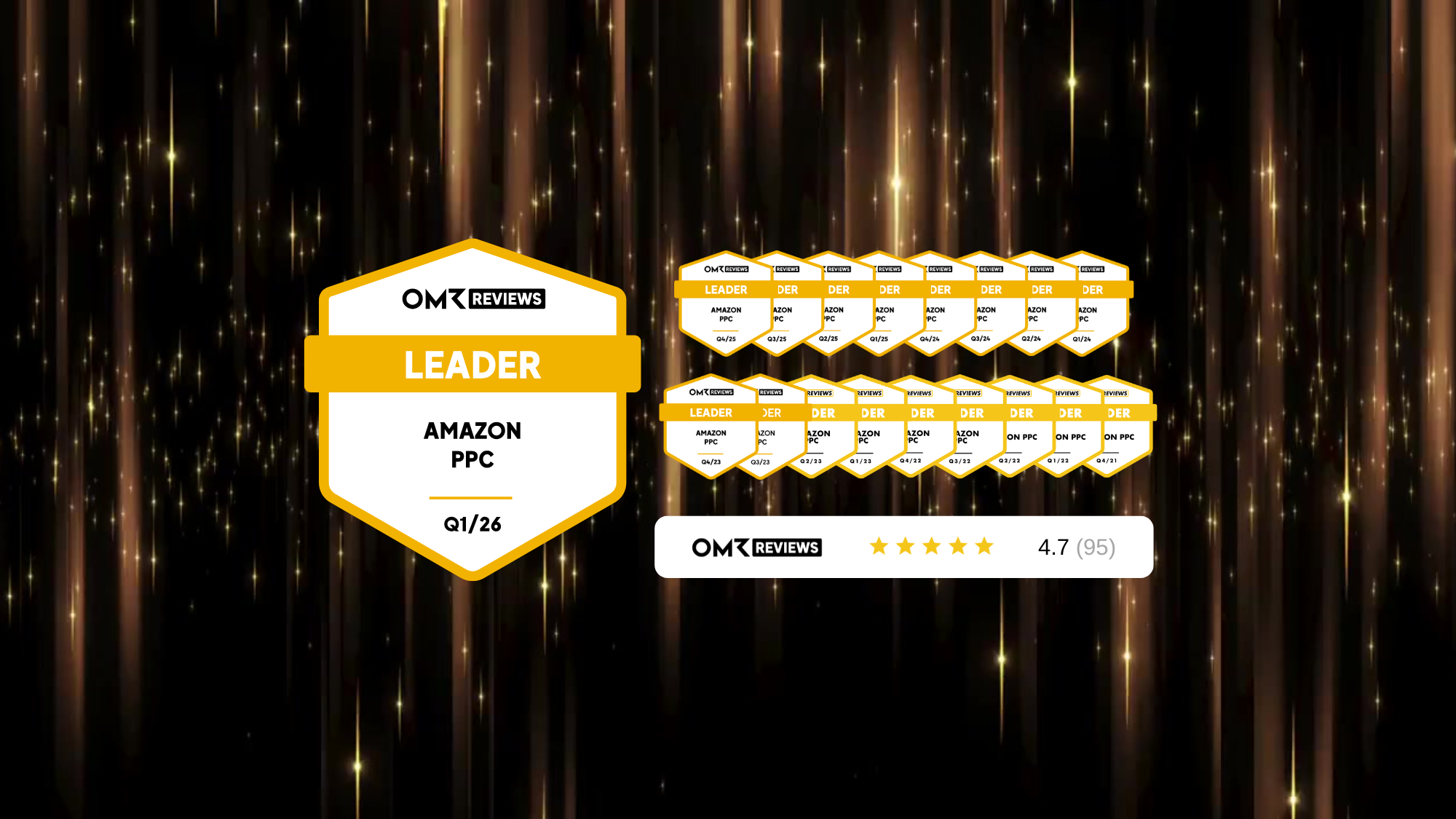Most eCommerce sellers start their business believing they have to handle everything in-house. In the early days of shipping everything out of your garage, each box and product passes through your hands.
As your store starts to grow, that becomes infeasible, and you have to scale up to professional storage, warehouse management, and shipping.
You’ll have to choose between building infrastructure and buying a warehouse or moving to a third-party logistics provider (3PL). For their part, 63.5% of global shippers today outsource that work to external partners.
Many want cost savings and access to professional resources and personnel before having the internal capital to invest. Warehousing, hiring and maintaining staff, and adopting hardware and software to upgrade your warehouse can cost millions. Outsourcing, meanwhile, lets you pay for what you need as you need it, without implementation costs.
That being said, handing off fulfillment to a 3PL isn’t always the right call. This article will walk through the pros and cons of outsourcing logistics so you can make the best decision for your business.
The pros of outsourced logistics
Whether 2PL, 3PL, or 4PL, there are several compelling reasons to outsource your logistics. In fact, 60% of online sellers outsource at least part of their fulfillment, while 20% hand it off entirely. The advantages of third-party logistics include:
Economies of scale
A logistics company specializes in fulfillment (sometimes a specific branch of it), meaning they deal with hundreds of thousands or even millions of units per year. That enables efficiency and cost reductions because of their scale.
In Practice
For example, MyFBAPrep uses volume of shipping to negotiate lower rates with carriers so their clients see lower shipping costs.
That holds true with machinery, packaging, warehouse labor, cost of storage, etc. When you leverage a warehouse network measuring 85 million square feet, the cost per square foot is lower than renting a warehouse for single business use.
Cost savings
Investing in storage, building infrastructure, buying machinery, paying for software subscriptions, hiring warehouse employees, contracting with trucking companies and shipping carriers — every aspect of logistics costs money.
With a 3PL however:
- The company buys at scale
- It invests in supplying services for your and other organizations
- It leverages software like WMS and TMS across all their clients.
As a result, the actual costs of your service plan are much lower.

It also eliminates the need for up-front capital to get started, because another business has already invested in setting up infrastructure and networks with the 3PL.
This holds true for maintenance, upgrades, and maintaining staff and warehousing as well. You won’t see those costs, only the flat rates you’ve agreed upon with your supplier.
Professionalization
Moving to outsourced logistics introduces professional services from a company that specializes in those areas. Their experienced team handles pick and pack, quality assurance, boxing, repackaging, Amazon prep, and more for your brand.
Expertise
Leveraging professional services gives you expert insight into:
- Optimizing networks and costs,
- Packaging options,
- Reducing carbon footprint,
- Warehouse distribution,
- Route planning,
- Customs and import, and more.
A logistics company knows the business inside and out and can help you optimize, cut expenses, and improve results for your business.
Reach
Expanding to new geographic regions, working with new marketplaces, or branching out to international sales can be complex. However, if your 3PL already has a warehouse and distribution network in those areas or caters to your desired marketplaces, it’s much easier to scale.
Pro Tip
You can typically package units with locally appropriate packaging, take advantage of your 3PL’s local carrier partnerships, and store your goods in the provider’s warehouses in that region.
All you have to do is set up the online sales and merchandising.
Scalability
Logistical needs fluctuate based on sales peaks, time of year, and marketing. If you run your own warehouse, you’ll have to hire additional personnel for Q4 and other sales peaks to accommodate the increased demand, avoid late shipping, scale staff up and down as needed, and invest in training at every step.
With outsourced logistics though, that’s all taken care of for you, and you can easily scale up without taking on those extra responsibilities.
The cons of outsourced logistics
Outsourcing logistics isn’t right for every eCommerce seller. Some lose sight of what they’re shipping and may take on bad business relationships if their 3PL is uncommunicative or fails to disclose clear business practices.
Loss of control
When you ship out of your garage, you handle every unit. You know what the quality is and how goods are packaged because you oversee the process. When you move to a warehouse, some of that granularity disappears.
Switching to a 3PL, though:
- Leaves you blind to your goods altogether.
- Makes it easier to lose track of quality, what you’re selling, packaging, and other important fulfillment components.
You’ll have to work to stay hands-on, such as being part of packaging selection, QA, and pick-and-pack options, even though you don’t handle products directly.
Potential hidden costs
It’s important to check expenses and look at invoices to ensure there are no hidden costs when doing business with your 3PL.
If up-front pricing seems too good to be true, your provider doesn’t itemize all costs, or there are no flat-rate prices, be careful. Be aware of all expenses before signing the contract.
Dependencies
When you move all of your goods into a third party’s warehouses, you become dependent on them, since they:
- Negotiate shipping contracts
- Handle pick and pack
- Break down pallets and repackage goods for your company.
Some businesses prefer to reduce that reliance by working with a 4PL as well to spread risk over multiple third-party solutions.
Or, you can look for a 3PL with geographically distributed warehousing and multiple shipping contracts so your orders will continue to ship even if something goes wrong in one location.
Security and compliance
Data privacy, compliance, and security are always concerns in eCommerce. When you outsource your logistics, you have to make sure the 3PL meets your needs and standards in this critical area.
Often, it’s a simple matter of finding a provider that passes relevant audits, maintains security, and offers access to real-time data to verify said standards are in place.
Wrapping up — Lean on a 3PL when you start to grow
Outsourcing isn’t the right choice for every eCommerce store. However, for most, it can greatly reduce costs while improving the quality of service your customers receive. A 3PL can enable two-day shipping anywhere in the U.S., allowing you to take advantage of Seller Fulfilled Prime and other lucrative programs.
In addition, you can offer professional delivery without investing tens of thousands or even millions of dollars in building the necessary infrastructure. With more benefits than drawbacks, now’s the time to consider contracting with a 3PL to take your business to new heights.
Want to get started? Contact MyFBAPrep today for seamless logistics.

Author
Tom Wicky, Co-Founder / CEO, MyFBAPrep
Tom is an entrepreneur, startup advisor and management consultant with over 20-years of senior management experience. He is Co-Founder of MyFBAPrep — a network of Amazon Prep and Ecommerce Fulfillment centers. He founded his first internet company in 1996, raising $2.5M in the online recruiting space. In the early days of the Amazon Marketplace, Tom built a data ETL platform used to auto-generate, manage and optimize 100K+ product listings with over 1 Million product variations on Amazon. He’s built and invested in several large Amazon businesses in the grocery, apparel and beauty categories.




